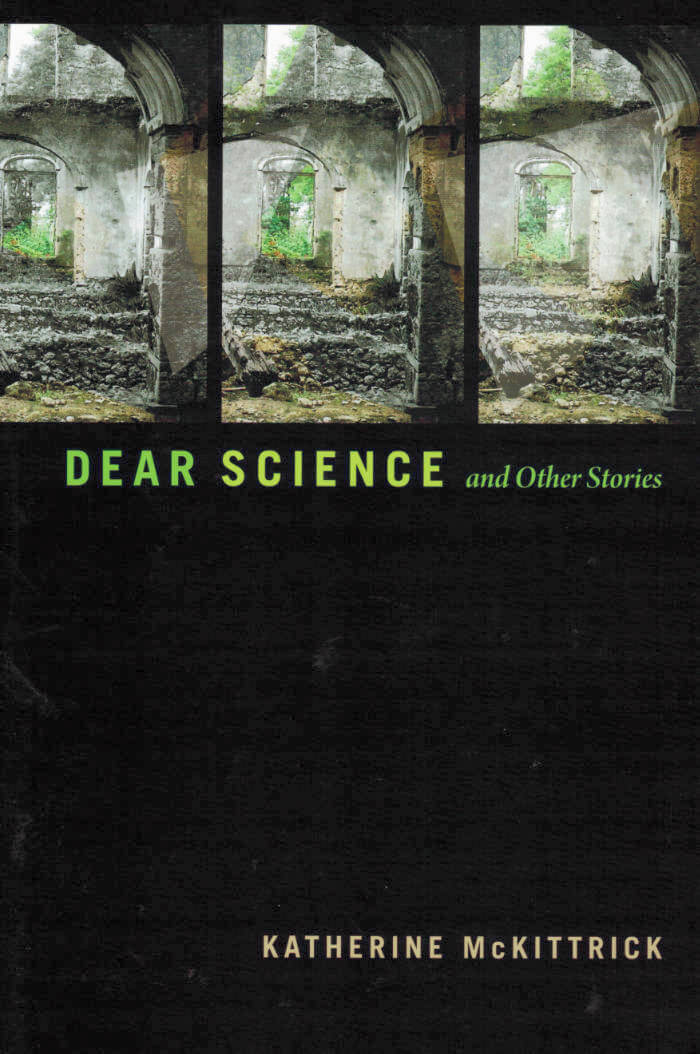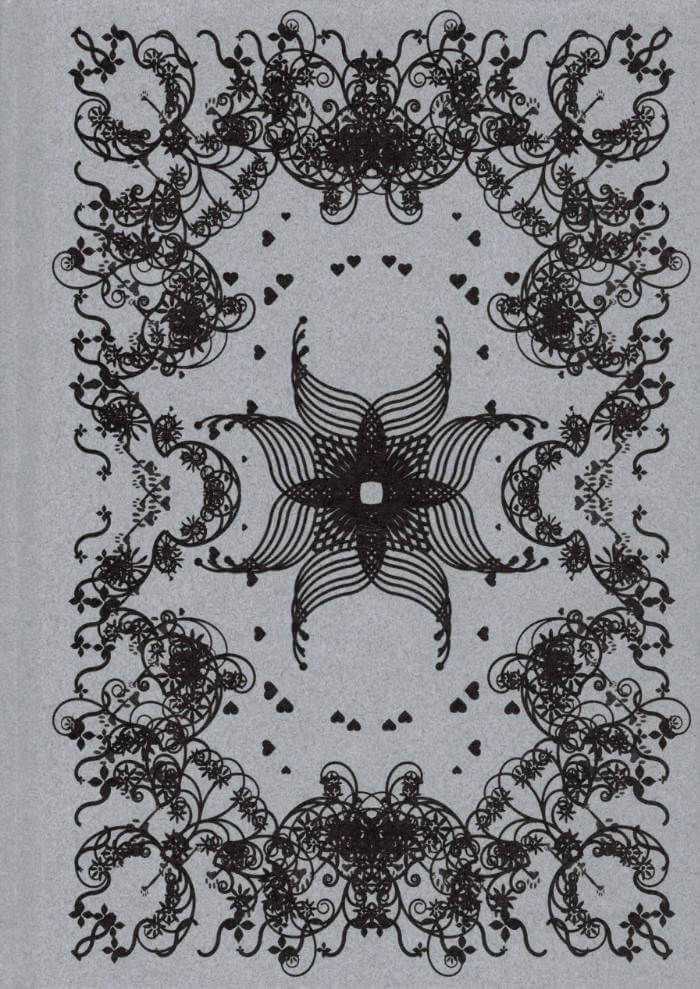
Fly-Fishing
In Fly-Fishing, Christopher Schaberg ponders his lifetime pursuit of the widely mythologized art of fly-fishing. From the Michigan lakeshore where he learned to fish to casting flies in a New Orleans bayou, Schaberg sketches landscapes and fish habitats and shows how fly-fishing allows him to think about coexisting with other species. It offers Schaberg a much-needed source of humility, social isolation, connection with nature, and a reminder of environmental degradation. Rather than centering fishing on trophies, conquest, and travel, he advocates for a “small-fishing” that values catching the diminutive fish near one’s home. Introspective and personal, Fly-Fishing demonstrates how Schaberg’s obsession indelibly shapes how he understands and lives in the wider world.






![Cover of OEI #94-95 Geografier [Geographies]](https://rile.space/storage/1488/0216_Scan2022-04-15_140650_004.jpg)
